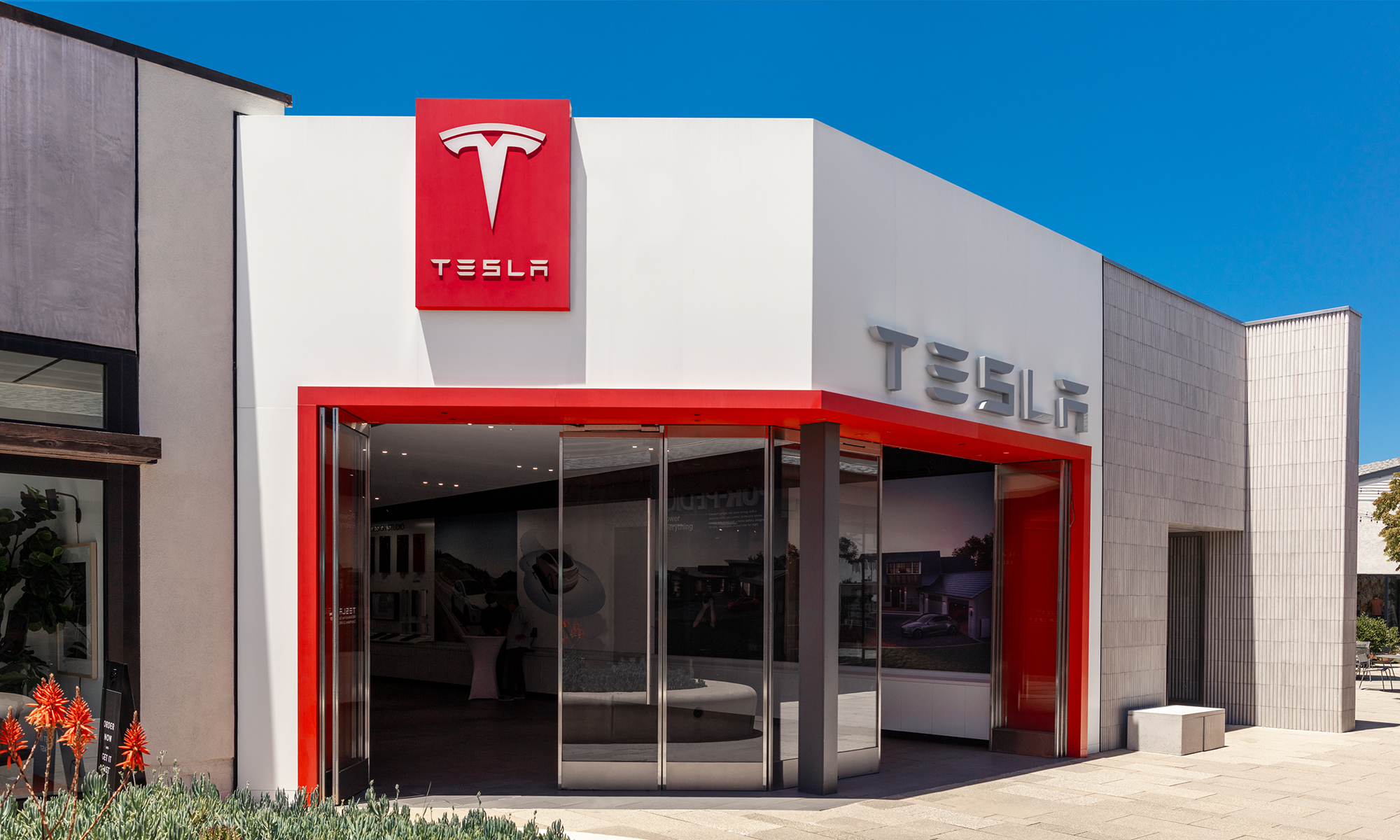Even at the best of times, Tesla's (TSLA 0.39%) operations have seemed like loosely organized chaos. But while the electric-vehicle pioneer repeatedly missed deadlines, it was hard to argue with the long-term results. Tesla went from delivering a little over 22,000 vehicles in 2013 to more than 245,000 in 2018. By the end of that period, it had also reached profitability -- albeit with the help of various gimmicks to boost the mix of Model 3 sedans toward pricier (i.e., more lucrative) versions.
By contrast, Tesla's recent behavior is more concerning. In particular, the company's rapid-fire price changes for its vehicles and its hastily announced -- and subsequently reversed -- decision to close most of its stores are signs of a business that has been stressed to the breaking point.
Price changes continue
It's becoming difficult to count the number of times Tesla has adjusted its prices in the past six months. In October, the company launched a cheaper version of the Model 3 with a mid-range battery, at a starting price of $45,000. Less than a week later, it raised the price by $1,000.
The changes have accelerated since the beginning of 2019. In January, Tesla cut the prices of all of its vehicles by $2,000 in the U.S., to partially offset the phase-out of the federal tax credit for Tesla buyers. (Around the same time, it also stopped taking orders for the smaller-battery versions of the Model S and Model X.) Tesla cut Model 3 prices by another $1,100 in early February.

Tesla has repeatedly changed its prices in recent months. Image source: Tesla.
The biggest change came on Feb. 28, when Tesla announced that it would start taking orders for the long-awaited $35,000 version of the Model 3. At that time, it slashed the prices on all of its other models by an average of 6%. Some premium versions of the Model S and Model X were marked down by as much as $18,000. Yet these price cuts announced less than two weeks ago were partially reversed on Sunday. Tesla will raise prices by an average of 3% worldwide next week.
Changing prices this frequently is virtually guaranteed to alienate customers, especially those who recently paid more for their vehicles. The frequency of these price cuts could also dampen demand, if potential customers start to expect prices to keep falling.
Thus, it's hard to come up with a positive interpretation of these developments. The most likely explanation is that Tesla sales have slowed dramatically and the company is desperately casting about for ways to reverse the trend. Plunging wait times for new orders, analysts' channel checks, and data regarding sales in Europe all seem to confirm this explanation.
Check out the latest earnings call transcript for Tesla.
Tesla stores are closing -- or are they?
An equally bizarre reversal regarding store closures also played out in the past two weeks. In conjunction with the Feb. 28 Model 3 announcement, Tesla announced that it would close nearly all of its stores and galleries to cut costs and make it possible to offer lower prices.

Tesla is moving to online-only sales to reduce costs. Image source: Tesla.
There was just one problem: Tesla is locked into long-term leases for most of its 106 U.S. stores. At an investor conference last week, Taubman Centers (TCO +0.00%) CEO Robert Taubman declared that Tesla would have to pay huge termination fees to back out of its leases. The Wall Street Journal reported that Tesla was on the hook for $1.6 billion of future lease payments.
That number is misleading, as it includes millions of square feet of production, administration, and warehouse space. Still, the rent Tesla owes for its retail spaces is significant. For example, it has eight stores at Taubman's roughly two dozen properties, which command an average base rent of more than $60 per square foot. Including expense reimbursements and percentage rent, Taubman Centers' average rent is well over $100 per square foot -- and significantly more at the best malls, where Tesla stores are heavily concentrated. Thus, the total lease liabilities for Tesla's U.S. stores alone could easily run into the hundreds of millions of dollars.
Tesla should have recognized that it couldn't just walk away from these leases, but that seems to have been the original plan, more or less. On Sunday, it reversed course, indicating that it would close 10% of its stores immediately, with another 20% under review for possible closure in the coming months. Tesla said this was why it has to raise prices by 3% next week.
Sloppy decision-making
It's hard to avoid the impression that Tesla CEO Elon Musk's frenetic leadership style is no longer working. He's not inspiring customers to order Model 3s in droves, he's not inspiring loyalty among his subordinates -- at least not in the leadership ranks -- and he's not making good business decisions, as evidenced by the fact that he keeps changing them abruptly.
Maybe Musk's overloaded schedule is finally catching up to him. Maybe the SEC's scrutiny is taking a toll on him. It's hard to know. But now, what once seemed thoroughly implausible -- that Musk could be a liability to Tesla, rather than an asset -- now seems entirely possible.
Until Tesla can deliver several quarters of steady results to prove that production costs and demand are both meeting expectations, investors should steer clear of Tesla stock.






